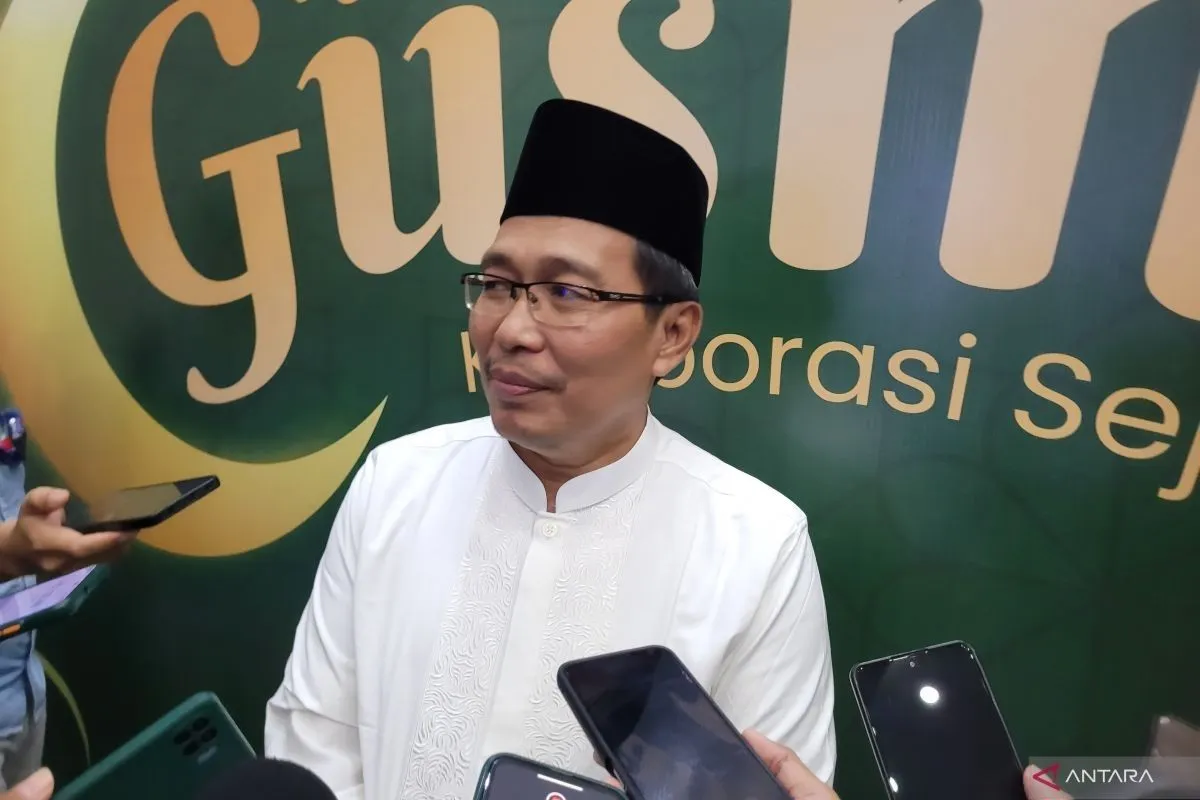Jakarta: Indonesia’s Ministry of Religious Affairs is currently preparing the 2025-2045 National Zakat Road Map to optimize national zakat (alms) management to support people’s welfare.
“With 71 million families and 250 million individuals in the Coordinating Ministry for Human Development and Culture data, we must avoid duplication of regional fund utilization,” the ministry’s Director of Zakat and Waqf Empowerment Waryono Abdul Ghafur said in the ministry’s statement here Sunday.
He noted that the road map, which includes the cycle of human development, basic services, social protection, productivity, and character building, must receive attention from the relevant parties.
He further said that the road map must also cover the indicators of zakat collectors’ performance, the zakat strengthening module, and a regulation that supports the zakat collector profession.
Ghafur highlighted the importance of specific zakat programs to support people’s welfare.
“We must divide the stages of zakat development into long-term, short-term, and medium-term, in accordance with the eternal vision which must be in line with eight missions of the development agenda and 17 sustainable development goals,” he remarked.
He also emphasized the importance of accuracy in assistance provision, implementation time, and verification in zakat management.
Through those efforts, he said, zakat would have a significant impact in reducing the poverty rate.
“Accuracy in zakat assistance must be supported by the right implementation time and accurate verification process. That way, zakat can have a significant impact in reducing poverty,” he explained.
Therefore, he underlined the need to pay attention to data harmonization, verification, and validation among all stakeholders, even at the village level.
He expressed hope that the formulation of the 2025-2045 National Zakat Road Map can be an effort to identify the directions, problems, and strategic issues of zakat management towards the 2045 Golden Indonesia vision.


